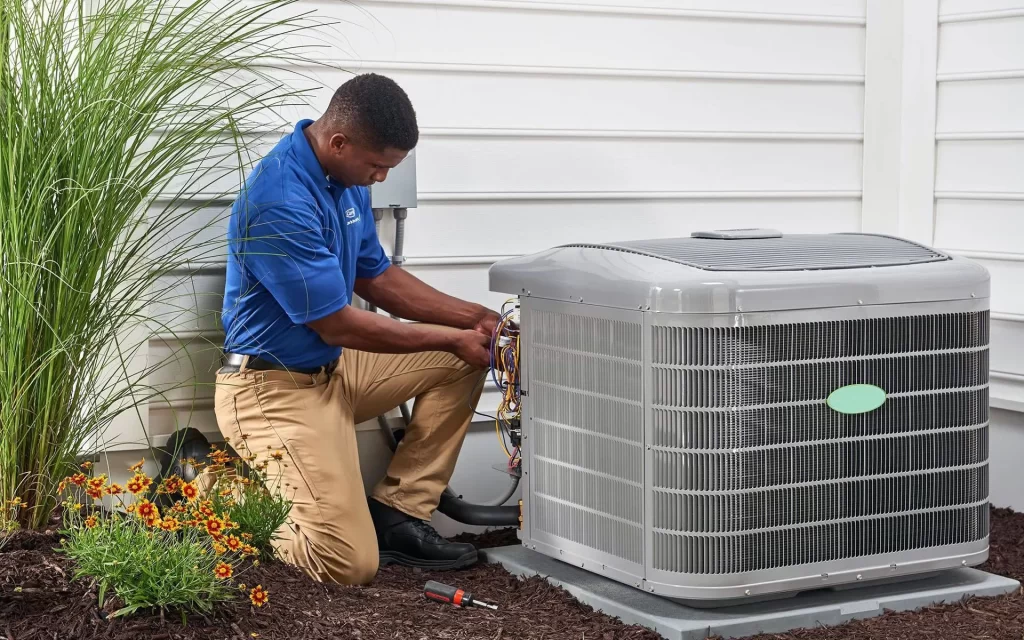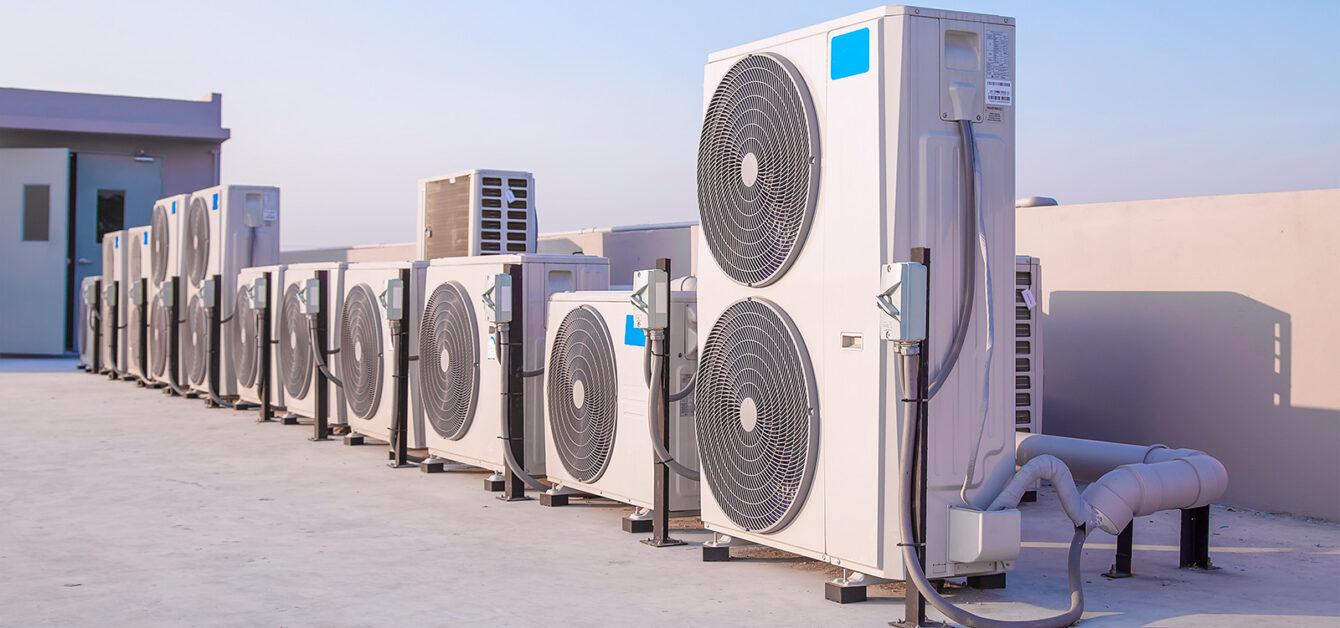Types Of Heating And Air Conditioning Systems
Planning for your home’s heating and air conditioning system is not something to be taken lightly. Today’s options come in a wide range, and each one has pros and cons in addition to peculiarities that you might not be aware of until after you’ve bought it.

Here are a few things you should consider when choosing a heating and cooling system:
Boilers
A boiler is a type of heating system that produces steam, which is then distributed through a network of pipes. Depending on the efficiency and cost-effectiveness you’re looking for, it can be powered by natural gas, propane, or oil.
Central Air Conditioning
Central air conditioning is more expensive than window units, but it’s also more efficient. Because central air systems are installed in a single location and can be controlled from one central location, they’re able to provide consistent temperatures throughout your home.
Central Heating System
A central heating system uses a furnace that burns fuel, such as natural gas or propane, to heat water and distribute it through pipes. The heated water then passes through a series of radiators installed in each room of your home. These radiators warm up when they come into contact with air from the room’s vents and cool down when there isn’t any airflow coming through them.
Electric Radiant Floor Heating
Electric radiant floor heating is a great option for those who want to heat their homes without having to rely on a boiler, furnace, or heat pump. It’s an alternative to these traditional systems and can be installed in new homes and added to existing ones.
Furnaces
Furnaces are heating and air conditioning that uses gas, oil, or electricity to heat a building. They can be installed in both residential and commercial buildings, but they’re most commonly found in homes.
Furnaces are more efficient than boilers because they produce heat directly rather than using an indirect system like radiators or baseboard heaters; this makes them easier to control as well as more efficient at delivering heat throughout a structure’s walls, floors, and ceilings.
Heat Pumps
Heat pumps work best when temperatures are moderate or mild–they won’t provide enough coolness during hot summer days and they won’t warm up your home enough on frigid winter days. If you live in an area with extreme weather conditions, consider upgrading to an electric furnace so that it can operate independently of your heat pump system or installing both heating and air conditioning systems separately.
Conclusion
Hope that this article has helped you understand the different types of heating and air conditioning systems. It is known there are many options out there, but this article wants to make sure that you’re able to make an informed choice when it comes time for installation or repair work on your own home or business!

